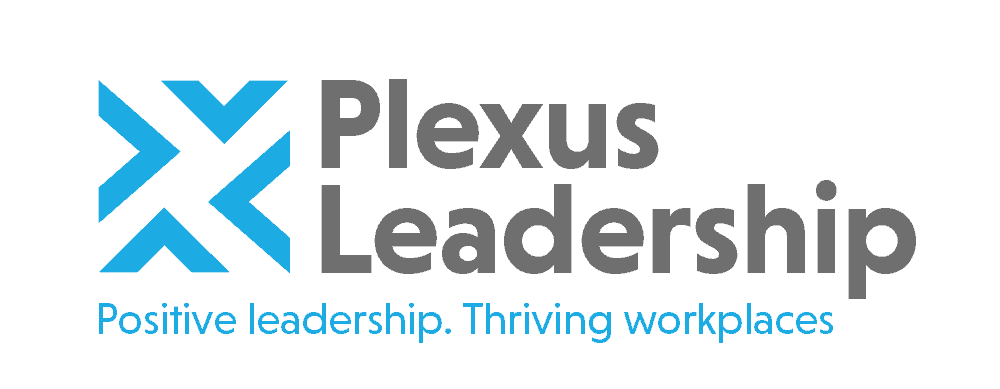Talent myths abound in organizations and limit our thinking and ability to offer more effective, science-based solutions to help businesses succeed. Here are some of the most common myths we see that should be challenged:
Leaders need to be emotionally intelligent to be effective
This is not borne out by the evidence, as many top leaders achieve great success and positive impact without high EQ (e.g., Steve Jobs), however, what sets these leaders apart is their excellent self-awareness and recognition of the need to hire diverse people in their team who complement them in weaker areas like EQ.
Key talent is really tough to find
Although some skills are admittedly hard to find, many companies fail to search in the right places or use creative approaches to spot and identify in-demand talent, including considering external or outsourced partners/suppliers and developing their internal talent pipeline and scare skills.
The role of a great manager is to solve people’s problems
Rather than solving their people’s problems and creating a disempowered, autocratic decision structure, the best managers challenge and support people to find solutions to their own problems through effective coaching, delegation, feedback and cultivating a supportive and positive work experience.
People leave managers not companies
Research shows that managers are an important factor causing people to leave, however, lack of learning and development opportunities and ineffective top leadership (esp. lack of clearly communicated purpose and alignment around this) are even more important reasons.
Performance ratings are demotivating and should be scrapped
Many companies have thrown out their performance ratings entirely, however, well-constructed and straightforward (no more than 3-4 rater categories) evaluation systems can actually motivate employees provided they are applied in a fair, constructive and transparent manner without the use of ‘forced ranking’ rating and reward systems.
AI and machine learning will cause massive job losses in future
Many routine jobs and repetitive tasks will be replaced or transformed by new technologies (including AI and robotics) during the next few decades, however, the net job creation rate is unlikely to change much as new jobs that don’t exist now will be created to design, code, distribute, maintain and support this technology.
Have you got any other talent myths you’d like to expose and see busted? If so, let us know by posting a response to this blog or email us at info@plexusleadership.com
Other Posts

About the Author
James Brook
Founder and MD | Leadership Consultant | Organizational Psychologist
James is a leadership consultant, organizational psychologist and executive coach. He has over 25 years’ experience working with leaders, teams and organizations globally to optimize their performance, talent and future success. He specializes in positive leadership, thriving workplaces, collaboration and influencing, organizational change and transformation, accelerating innovation and coaching executives and leaders in innovative sectors including Tech, Digital, E-commerce and Life Sciences.
Before setting up Plexus Leadership, James held leadership roles in HR and Talent Management in the UK and abroad with companies such as NatWest, Yahoo! and Novo Nordisk Pharmaceuticals. After this, he founded and led several talent and leadership consulting and assessment businesses, including Strengthscope®, an online strengths assessment and development business serving a wide range of UK and global clients. James grew this venture into a global market leader before selling the business in 2018.
James has supported, advised and coached leaders and teams globally across diverse industries and geographies. Clients he has worked with include Allen & Overy, Commvault, Equinor, Facebook, GSK, Hilton, John Lewis, Novartis Pharmaceuticals, NHS, Oracle, Sainsbury’s, Swiss Re, Tesco, Takeda Pharmaceuticals, WSP and Yahoo!.
James has a Master’s in Organizational Psychology, an MBA, an Advanced Diploma in Executive Coaching and a Harvard Business qualification in Sustainable Business Strategy. He is a member of the Institute of Directors, the Association of Business Psychologists and a Fellow of the Chartered Institute of Personnel and Development (FCIPD). He is currently undertaking a PhD in Organizational Psychology examining the start-up experiences of Tech and Digital entrepreneurs.
James is a regular contributor and speaker on leadership, coaching, innovative talent management and the future of work. His most recent book, Optimize Your Strengths, explores how leaders can create thriving workplaces by inspiring and supporting people to optimize their potential and teamwork to deliver breakthrough results.





